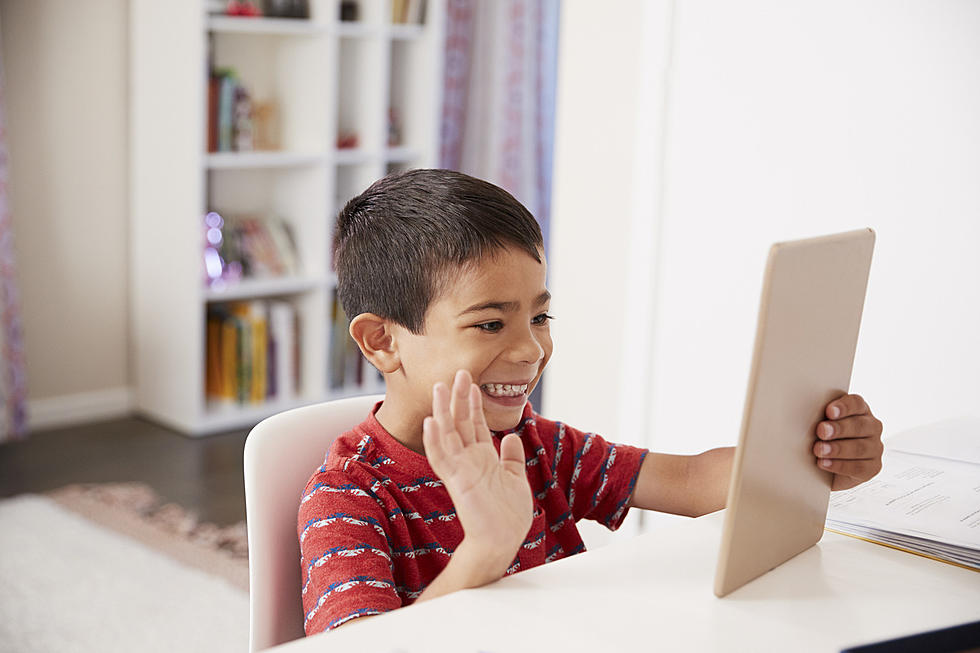
Back to school during a pandemic: How to manage your kid’s anxiety
Starting a new school year can be stressful enough for children. Add a public health crisis, and the number of students dealing with anxiety is likely to grow.
The adults in the room, or virtual room, are encouraged to help them manage.
"We have to really make sure that we're trying our best to create as much predictability and control as possible, in a situation that feels very unpredictable and uncontrollable," said Kelly Moore, program director of the Children's Center for Resilience and Trauma Recovery at Rutgers University.
The typical routine for a school day or week has been obliterated for most New Jersey School districts because of the coronavirus pandemic. Several districts have decided to begin the 2020 academic year completely online, while others have introduced plans for a hybrid model featuring rotating schedules.
While students at different ages are likely to react differently to this unique start of the year, Moore said, they can all benefit from some type of structure that's familiar — an early bedtime, for example, or waking up at the same time each day. Even a switch from pajamas to an outfit can help a child transition into learning mode when class is happening online.
"Our children are going to be looking to us to set that tone for them," Moore said.
Virtual learning is not a brand new endeavor for New Jersey students — Gov. Phil Murphy pulled the plug on in-person learning in March because of COVID-19 — but beginning a school year virtually, meeting a teacher and classmates online, is a fresh obstacle.
Moore said students should be required to use their video option, in order to stay engaged and form a bond. And teachers should engage students, she said, by calling on those who do not often speak up.
"It is critical that schools ensure that virtual classroom features facilitate this process and that students and teachers know how to use the technology," Moore said.
Students returning to school for in-person instruction, even for a portion of the school week, should understand what to expect in terms of safety guidelines in place, Moore said. There's comfort, she added, in knowing that all students are dealing with the same uncertainties.
Experts say the pandemic is having a significant negative impact on mental health, and that can be especially difficult for youth. The New Jersey Association of Mental Health and Addiction Agencies, and Attitudes in Reverse, are hosting a virtual conference over five days starting Aug. 17, touching on several topics that can help children prepare for the new school year.
“Parents and school personnel need to be aware of the impact of the pandemic and changes in the new school year could have on youth and be prepared to recognize signs of youth struggling, intervene in a positive manner, determine if professional mental health care is needed and connect youth to such professionals,” said Debra Wentz, President and CEO of NJAMHAA.
Contact reporter Dino Flammia at dino.flammia@townsquaremedia.com.
KEEP READING: See states hit hardest by COVID-19’s impact on tourism
More From Beach Radio










